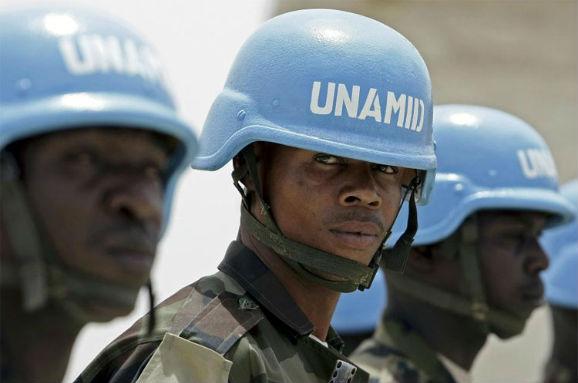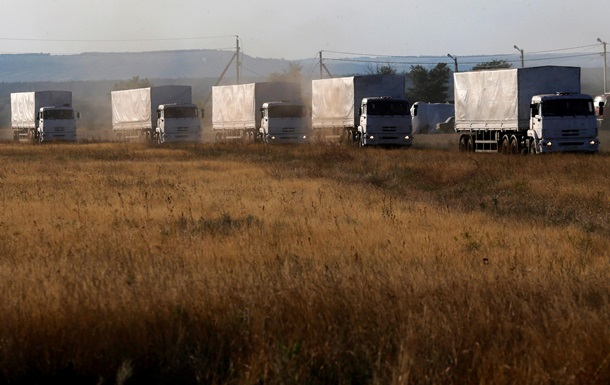
Espreso.TV, April 14, 2014
The feasibility of a UN peacekeeping mission in eastern Ukraine depends on the confidence of the government in its own powers.
The idea of involving UN peacekeeping forces to control the “creeping Russian aggression” in Ukraine has occurred repeatedly to many different people recently. The supporters of this idea include the Secretary of National Security and Defense Andriy Parubiy and the leader of Crimean Tatars Mustafa Dzhemilev. On April 14, a similar opinion was expressed by the acting President Oleksandr Turchynov.
The first assumption to be made about this proposal is the impossibility of such a mission. The decision to send peacekeepers to a zone of conflict is made in the UN Security Council through a unanimous vote, and Russia occupies a permanent seat, guaranteed by its nuclear status.
Of course, Russia’s refusal to issue a mandate for a peacekeeping mission will appear somewhat strange in light of its endless rhetoric about the need to protect the citizens of East Ukraine from the “Kyiv fascists.” After all, common sense would dictate that such a mission would guarantee lawful behavior on the Ukrainian side.
But a UN mission would not bring any strategic advantages for Ukraine. Citizen Churkin never tires of playing the fool before the international diplomatic corps.
However, this “diplomatic trolling” can have obvious negative consequences for Ukraine in the event Russia agrees. In particular, one of the necessary conditions for a peacekeeping mission is its commitment to maintain neutrality toward both sides of the conflict — and the stubborn imperative to ensure the interests of both parties during the negotiation process.
This makes sense when the issue is reconciliation between participants in a real civil war, during which a mutually acceptable solution is worked out, since the parties will then have to live together in one country. It’s another thing entirely when dealing with groups of separatists, incited and manipulated by professional saboteurs of the Russian Federation. If they adopt delay tactics and begin issuing unrealistic demands, which can be changed from time to time to maintain interest, then the result for Ukraine is a conflict that is frozen for years if not decades and which will stand in the way of the radical and logical development of the country.
Therefore, the government should consider one critical question before initiating a vote on a peacekeeping mission. If the Ukrainian government considers itself capable of bringing order to the East on its own, then it must do so immediately. Then it can ask for peacekeepers to prevent future counterattacks from Russia. However, if the government lacks faith in its own strength and the prospect of significant territorial losses appears to be real, then the immediate arrival of UN peacekeepers and the “freezing” of the conflict is, of course, the better option.
Translated by Anna Mostovych


